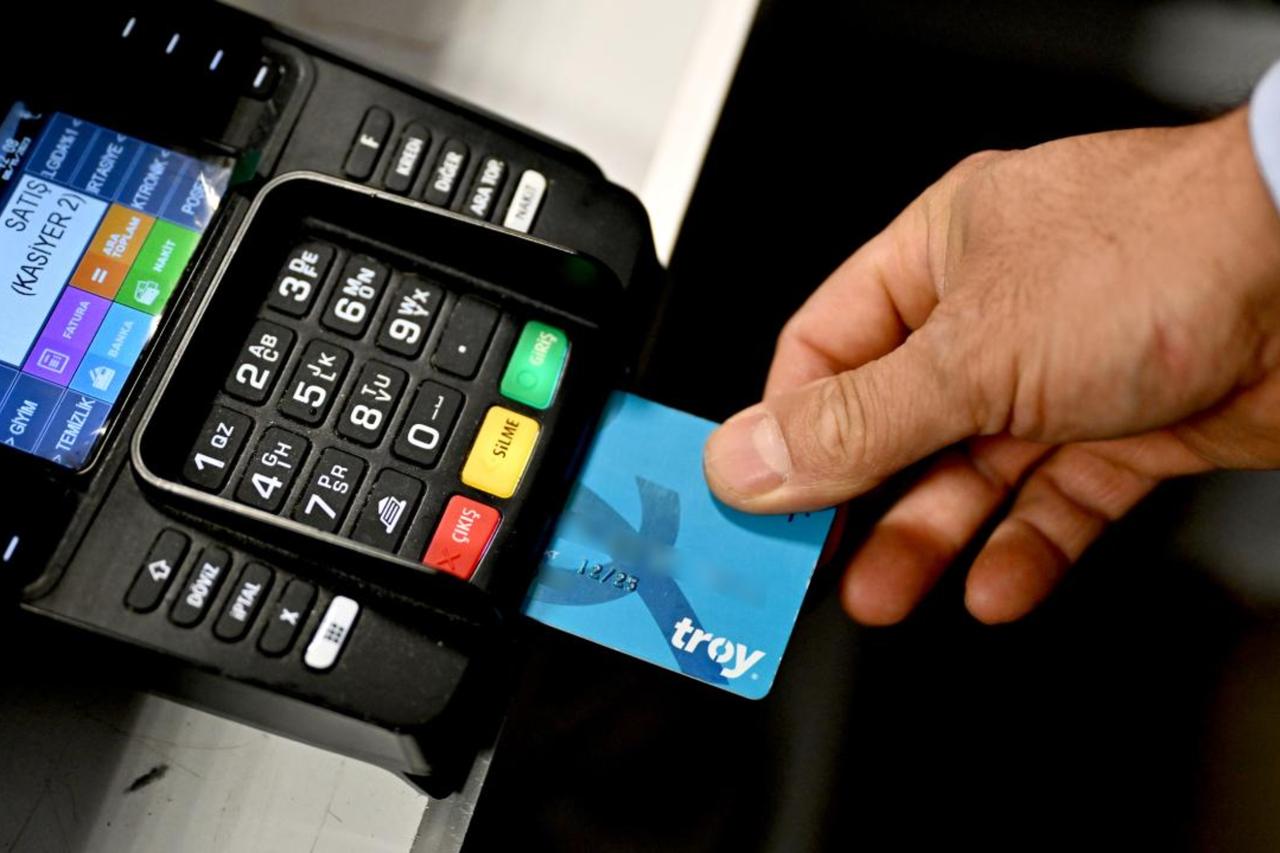
Türkiye’s national card payment system, TROY, is preparing to expand into Turkic states as the first step in its overseas growth strategy after reaching a 20% market share at home, Ozan Deniz, General Manager of the Interbank Card Center (BKM), the institution operating the country’s card payment infrastructure, said Thursday.
"Our long-term goal is to carry this success beyond our borders. We are working on the export and acceptance of TROY abroad, starting with nearby regions and the Turkic states," Deniz told Anadolu Agency (AA), adding that initial talks have begun without detailing the process. "This will be our long-term objective."
Deniz highlighted that the number of cards carrying the TROY logo rose to 67 million in Türkiye, meaning the system now processes one in five lira spent through cards in the country.
He underlined that more than 40 million card transactions are processed daily through BKM’s systems, which also operate Türkiye’s first digital wallet, BKM Express.
Overall, the country has 137 million credit cards, 215 million debit cards, and 105 million prepaid cards in circulation, while about 30% of spending is made online, four out of five in-store payments are contactless, and total card payments reached ₺15 trillion ($500 billion) last year—equivalent to nearly one-third of Türkiye’s gross domestic product, Deniz pointed out.
The Turkish central bank reported that in August alone, credit card payments reached a record 1.86 billion transactions with a total value of ₺2.35 trillion ($56.89 billion).

While TROY is fully functional within Türkiye and also accepted in the Turkish Republic of Northern Cyprus, international use depends on partnerships with foreign payment networks.
Deniz said that overseas transactions account for around 4% of card payments by Turkish users, largely linked to travel spending.
TROY was launched in 2016 to reduce reliance on foreign card schemes such as Visa and Mastercard. Card schemes provide the technological and financial infrastructure that allows payments to be processed between banks, retailers and consumers.
Deniz explained that in the absence of TROY, commission fees from card transactions would flow abroad, noting that with TROY in place, these funds remain in the domestic financial system.